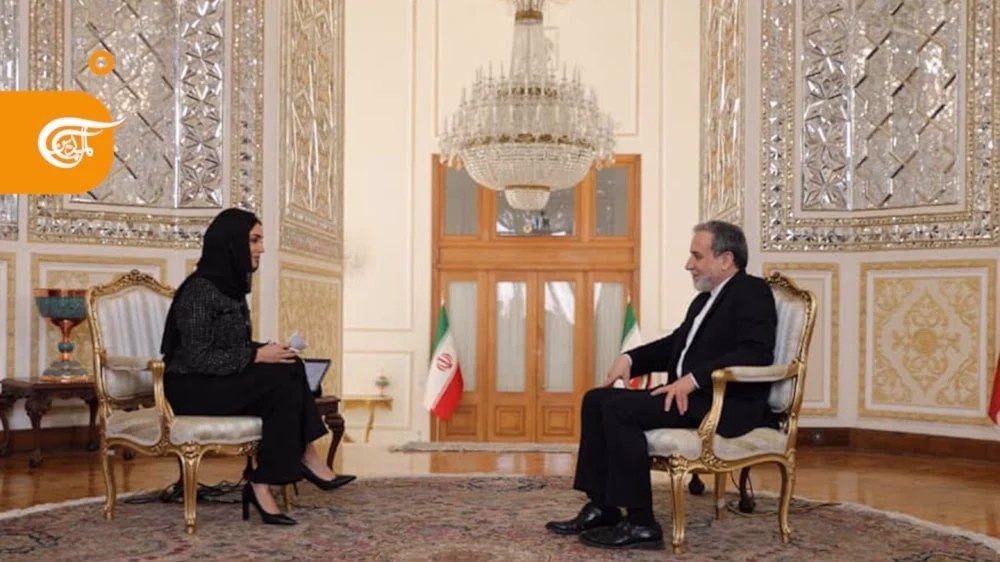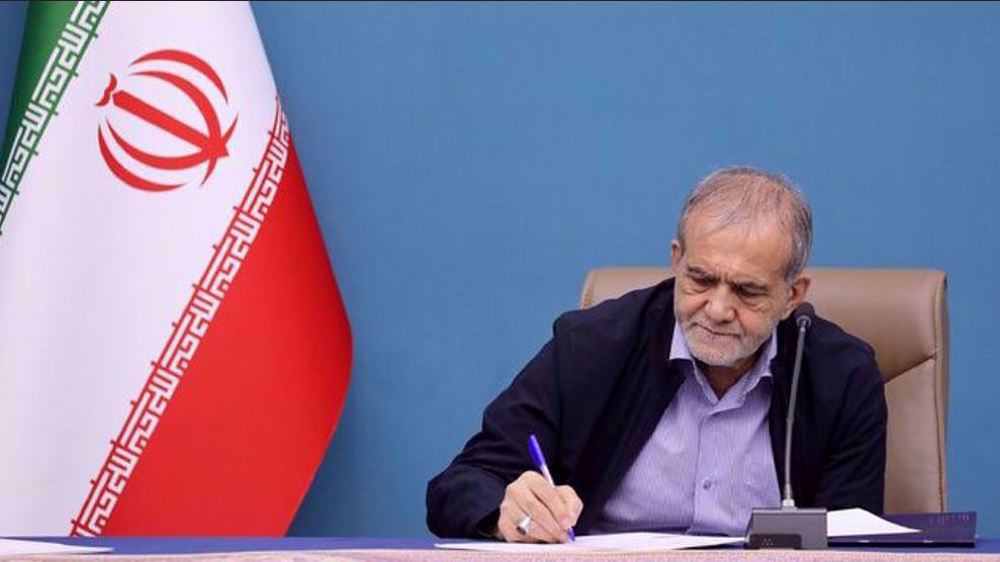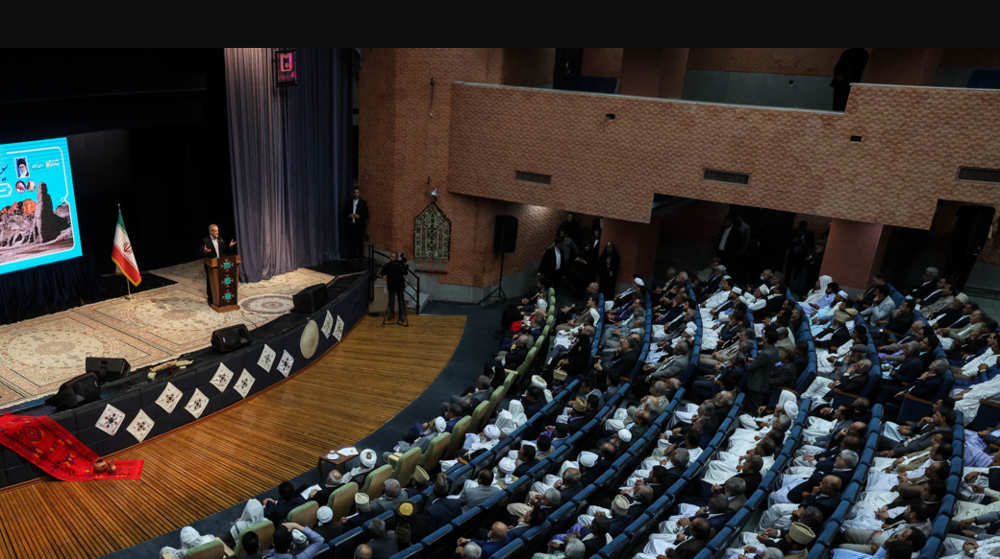Iran warns Iraq's Kirkuk decision to back Kurdish referendum provocative
Iran says a decision by councilors in the Iraqi province of Kirkuk to take part in next month’s independence referendum is a “provocative, wrong and unacceptable mistake.”
“The decision by the Kirkuk Provincial Council to take part in the Kurdish region’s independence referendum, which has been rejected by the central Iraqi government, the United Nations and many regional and extra-regional countries, is a dangerous and provocative move,” Iranian Foreign Ministry Spokesman Bahram Qassemi said on Wednesday.
He said Kirkuk’s support for the referendum would harm the recent talks in Baghdad aimed at settling differences between the two sides, and would undermine Iraq’s national power in consolidating the country’s victories against terrorism.
“The Islamic Republic of Iran warns about [the repercussions of] this decision, which is a blatant violation of Iraq’s national sovereignty and territorial integrity, and stresses once again that the commitment of all sides to the [Iraqi] constitution and resolving differences through dialogue and legal means are the best choice for the Iraqi nation,” Qassemi said.
He described as “intolerable” any move that would create "new crises in the region and along borders of Iraq’s neighbors."
On Tuesday, the Kirkuk councilors voted to take part in the September 25 Kurdish independence referendum. Kirkuk is not part of the Kurdistan region but has a large Kurdish population.
The central government in Baghdad is strongly opposed to the vote.
Iraqi Prime Minister Haider al-Abadi has denounced the decision as “wrong,” saying the referendum on independence of the semi-autonomous region is "unconstitutional."
Apart from Iran, Turkey has also criticized the decision, saying it is a “serious breach” of the Iraqi constitution.
Iran rejects Emirati FM’s remarks as 'delusional'
Separately, Qassemi rejected the recent remarks made by the Emirati foreign minister about Iran’s role in the region as “false, unconstructive and delusional.”
He called on the United Arab Emirates to put an end to its “destructive” policies in the region.
“Unfortunately in recent years, Abu Dhabi has created many problems in the region by adopting adventurous policies beyond its capacity, including its participation in Yemen’s war and brutal bloodshed, efforts to occupy parts of Yemen’s territory, intervention in Libya, and provoking regional governments to lay siege to and impose sanctions on other countries,” the spokesman said.
The UAE “needs to end its destructive, inefficient and tension-provoking policies,” he added.
The UAE is one of the main allies of Saudi Arabia in its deadly war against the Yemeni nation.
Qassemi’s remarks came a day after the UAE foreign minister, Sheikh Abdullah bin Zayed bin Sultan Al Nahyan, accused Iran of pursuing “colonial ambitions” in the region.
Speaking at a joint press conference with his Russian counterpart Sergei Lavrov, the UAE foreign minister also accused Tehran of undermining Syrian sovereignty.
At the request of Damascus, Iran has been providing Syria with military advisory assistance in its fight against terrorist groups. Tehran says it will end the support if Syria calls for it.
VIDEO | Press TV's news headlines
Iran FM: Response to Israeli aggression 'inevitable'
VIDEO | Iran eases the rules for exporting hand-woven carpets
VIDEO | Intl. Day for the Elimination of Violence against Women: A stark reminder of Gaza women
Australia denies ex-Israeli minister Shaked visa
VIDEO | 85% of Yemeni displaced people face daily hunger crisis
US House passes bill targeting charities and pro-Palestine groups
VIDEO | Supporting Gaza genocide















 This makes it easy to access the Press TV website
This makes it easy to access the Press TV website